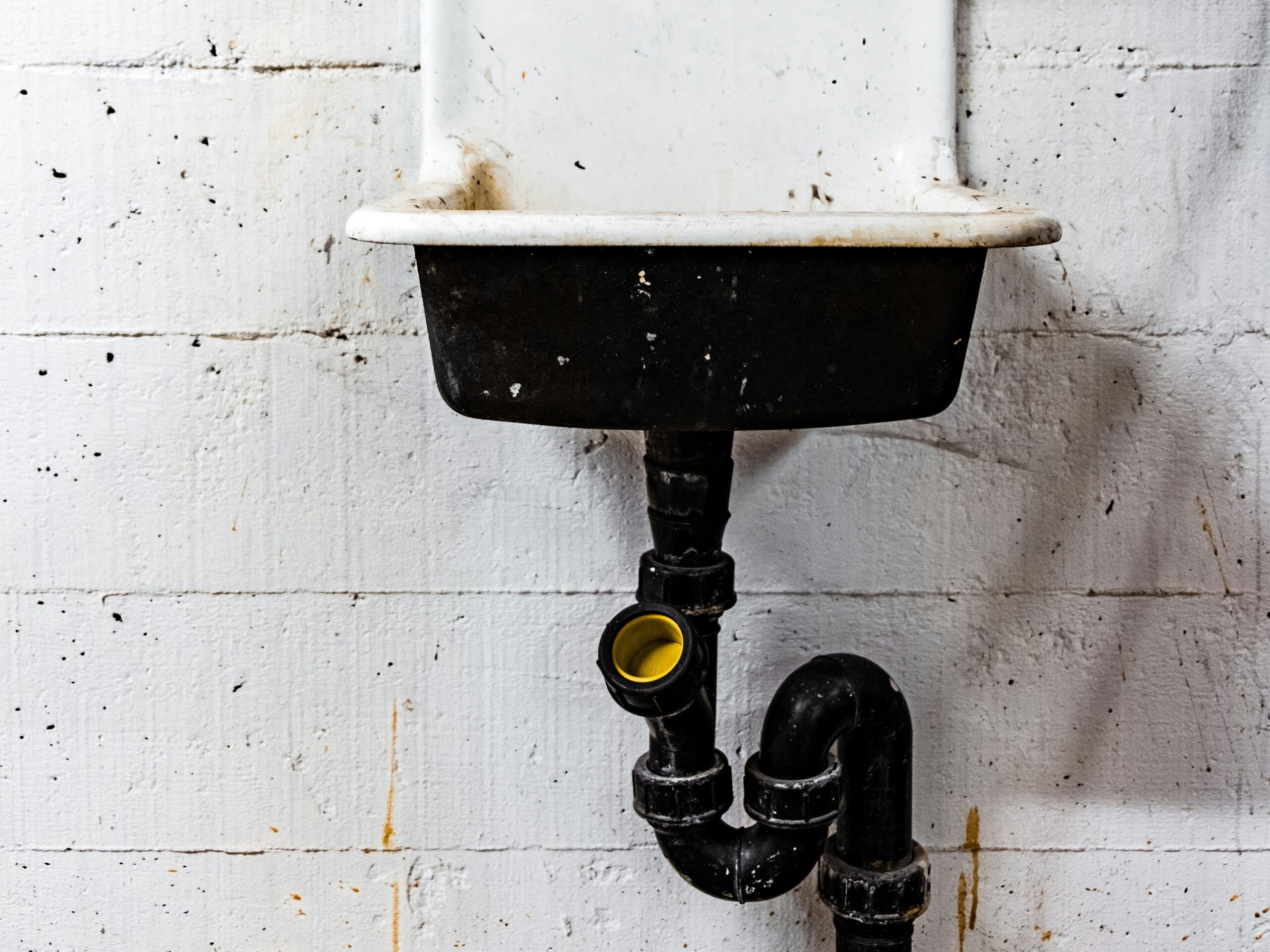$0 Call Out Fee*
Fast 60 Mins Response

The Most Common Reasons for Burst Pipes
Burst pipes may seriously damage your home and result in expensive repairs and discomfort.
Knowing the causes of a burst pipe can enable homeowners to maintain their plumbing systems more successfully and implement preventive actions.
Below are the most often occurring causes of burst pipes, along with ways to prevent these problems.
1. Freezing Temperatures
One of the main reasons burst pipes occur in cold conditions is the expansion of frozen water within pipes, which strains the pipe walls greatly. Pipework may break or shatter under this strain. This is especially typical in houses with pipes lacking insulation or regions with harsh winters.
Ensure pipes—especially those in unheated spaces like garages, basements, and attics—are well-insulated if you want them not to freeze.
Another way to avoid freezing is letting a trickle of water pass through the pipes under very cold conditions because flowing water is less prone
2. High Pressure of Water
Too much water pressure may strain pipes and cause rupture. Most house plumbing systems’ water pressure is between forty and sixty psi. When the pressure rises beyond this range, the pipes may degrade over time and explode.
Pressure regulators let homeowners monitor and adjust water pressure within reasonable limits. Routinely testing and modifying the water pressure may help avoid pipe damage.
3. Corrosion
Due to the chemical interactions between the pipe material and the water, pipes—especially those composed of metal—can corrode over time. Corrosion weakens the pipe walls, therefore increasing their susceptibility to leaks and bursts. Older houses with aging plumbing systems may exhibit this.
By replacing old, deteriorated pipes with modern materials like PVC or PEX, the danger of corrosion-related burst pipes is greatly reduced. Professional plumbers’ regular inspections help spot and fix corrosion problems before they cause significant harm.
4. Clogs and Blockages
Pipe clogs and obstructions can raise water pressure, triggering bursts. Grease, hair, food bits, and other items that wind their way into the pipes are common offenders. Over time, mineral deposits can form and cause blockages.
Avoid blocking drains by not throwing oil, hair, and other trash down them. Clear drains often and use strainers to gather trash before it gets into the pipes. If obstructions recur, it might be advisable to have a qualified plumber check and clear the pipes.
5. Tree Root Infiltration
Tree roots may seriously threaten underground pipelines. Growing trees’ roots search for moisture and may pierce tiny pipe fractures or seams. Once inside, roots may grow and clog the pipes or even cause them to break.
Regular plumbing system inspection and tree planting far from subterranean pipes help avoid root intrusion. Should tree roots be found, expert plumbers may use specialist tools to remove them and fix any damage.
6. Aging Pipes
Because of wear and tear, pipes grow more likely to explode as they age. Older cast iron or galvanised steel pipes are more prone to degradation over time.
Regular inspections and proactively replacing old pipes with contemporary, robust materials may help avoid bursts. Maintaining awareness of the age of your plumbing system and making upgrading plans can help you avoid unanticipated plumbing problems.
7. Poor Installation
Pipework should be placed properly for it to succeed. Problems like improper pipe size, insufficient sealing, and weak joint connections may cause burst pipes.
Ensuring trained and experienced plumbers handle plumbing projects helps avoid problems connected to installations.
Having a professional check and fixing any issues may help to avoid future bursts should you suspect inadequate installation in your house.
8. Quick Variations in Temperature
Rapid temperature variations may cause pipes to expand and shrink quickly, stressing them and sometimes rupturing. This is particularly typical in areas with very varied seasonal temperatures.
Insulating pipes to guard against quick temperature fluctuations helps to reduce this danger. Maintaining a constant interior temperature also helps avoid overly expanding and contracting pipes.
9. Ground Movement
Ground movement—from natural events like earthquakes to human activity like building—may strain subterranean pipelines depending on their nature. Shifting dirt could cause pipe misalignment or even total breakage.
If you live in a ground-moving location, consider using flexible pipe materials that can tolerate some degree of shifting. Frequent inspections of subterranean pipelines may help find and fix problems before they become more serious.
10. Unreliable Materials
Plumbing systems are far more likely to burst pipes when inferior or faulty materials are used.
Premature failure from inferior materials could result from their inability to resist the pressures and temperatures usually seen in plumbing systems.
Use premium materials from reliable producers constantly to guarantee the lifetime and dependability of your plumbing system.
Expert plumbers can suggest and install products that satisfy industry standards and are fit for your particular demand.
Preventing Burst Pipes: A Proactive Approach
Knowing the typical causes of burst pipes can enable house owners to act early to safeguard their plumbing systems.
You may reduce the possibility of burst pipes in various ways, from protecting pipes against freezing temperatures to monitoring water pressure and handling possible clogs.
Regular inspections and maintenance from professional plumbers at Purified Plumbing are also essential in spotting and fixing such problems before they cause significant harm.
Staying educated and alert helps ensure your plumbing system stays dependable and efficient, therefore preventing the expensive and unpleasant results of burst pipes.
